What Your Blood Glucose Test Results Mean | CMI Health Blog
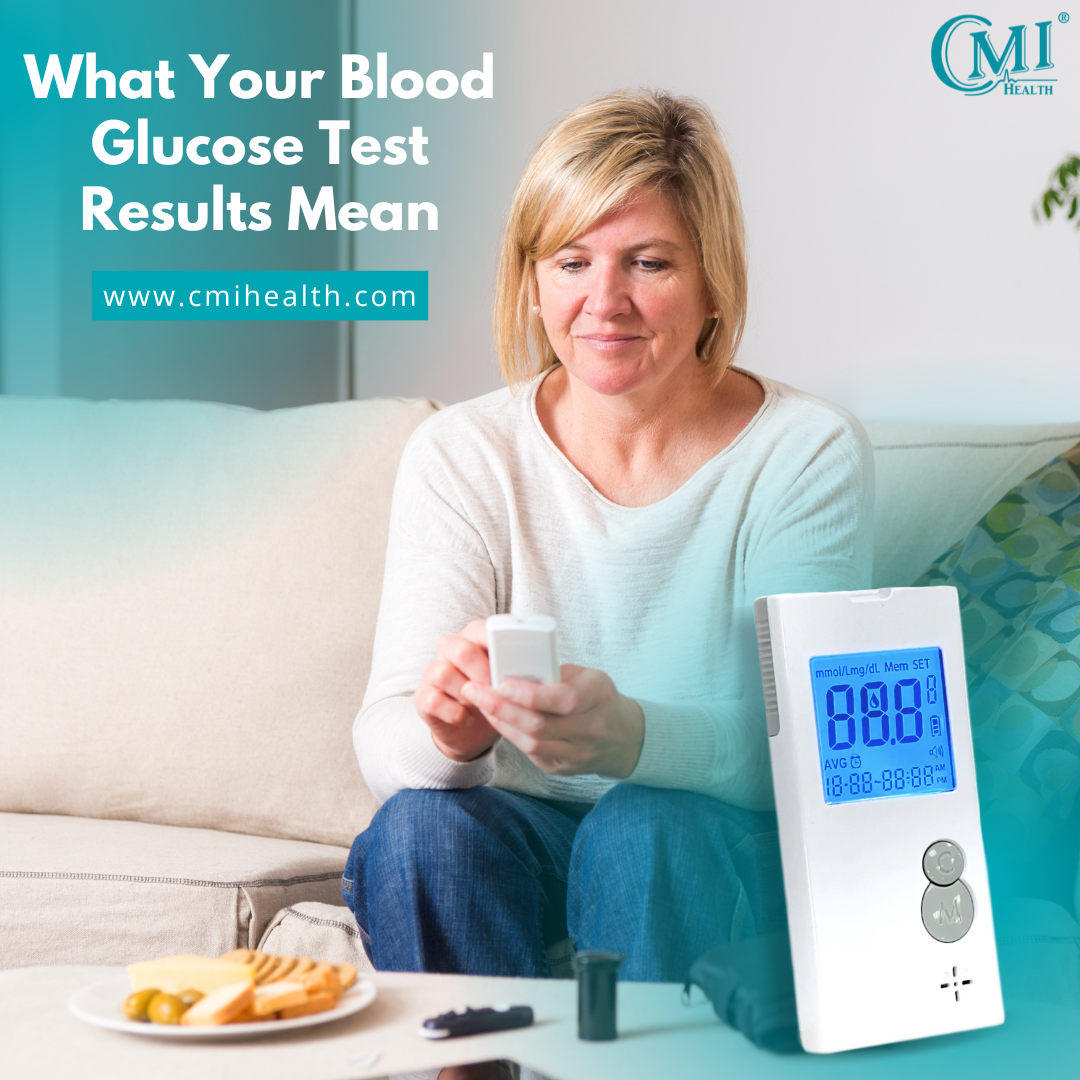
What Your Blood Glucose Test Results Mean
Once you test your blood glucose levels, know that different results will mean different things and it is also contingent on any known conditions (such as diabetes) that you may have. For example, a healthy (normal) fasting blood glucose level for someone without diabetes is 70 to 99 mg/dL (3.9 to 5.5 mmol/L). Values between 50 and 70 mg/dL (2.8 to 3.9 mmol/L) for people without diabetes can be “normal” too (Cleveland Clinic, 2022). Please keep in mind that if you have any conditions that affect your blood glucose levels, your “normal” range may be much higher than this average.

A high blood glucose level (also called hyperglycemia) is usually anywhere from 100 to 126 mg/dl (7.0 mmol/L) or higher (CDC, 2022). These results can determine if users have prediabetes or are diabetic, so it’s especially important for users that are concerned about a high blood glucose level to continually monitor their blood glucose. People with prediabetes have up to a 50% chance of developing Type 2 diabetes over the next five to 10 years. But you can take steps to prevent Type 2 diabetes from developing.
For users that have diabetes, it’s important to keep your blood sugar levels in your target range as much as possible to help prevent or delay serious health problems, such as heart disease, vision loss, and kidney disease. Staying in your target range can also help improve your energy and mood. A blood sugar target is the range you try to reach as much as possible. These are typical targets:
- Before a meal: 80 to 130 mg/dL.
- Two hours after the start of a meal: Less than 180 mg/dL.
Your blood sugar targets may be different depending on your age, any additional health problems you have, and other factors. Be sure to talk to your health care team about which targets are best for you. Other causes of high glucose levels can include issues with your adrenal glands or pancreas, severe trauma or stress, hyperthyroidism, or certain medications.
If you get sick, your blood sugar can be hard to manage. You may not be able to eat or drink as much as usual, which can affect blood sugar levels. If you’re ill and your blood sugar is 240 mg/dL or above, use an over-the-counter ketone test kit to check your urine for ketones and call your doctor if your ketones are high. High ketones can be an early sign of diabetic ketoacidosis, which is a medical emergency and needs to be treated immediately by medical professionals.
Low blood sugar (also called hypoglycemia) has many causes, including missing a meal, taking too much insulin, taking other diabetes medicines, exercising more than normal, and drinking alcohol. Blood sugar below 70 mg/dL is considered low (CDC, 2022). Know what your individual symptoms are so you can catch low blood sugar early and treat it. If you think you may have low blood sugar, check it even if you don’t have symptoms. Low blood sugar can be dangerous and should be treated as soon as possible.
If you feel shaky, sweaty, or very hungry or have other symptoms, check your blood sugar. If your blood sugar is lower than 70 mg/dL, do one of the following immediately:
- Take four glucose tablets.
- Drink four ounces of fruit juice.
- Drink four ounces of regular soda, not diet soda.
- Eat four pieces of hard candy.
Wait for 15 minutes and then check your blood sugar again. Do one of the above treatments again until your blood sugar is 70 mg/dL or above and eat a snack if your next meal is an hour or more away. If you have problems with low blood sugar, ask your doctor if your treatment plan needs to be changed as low blood sugar can indicate other serious diseases, such as liver or kidney disease.
If your glucose blood test result reveals that you have high or low levels of glucose, it doesn’t always mean that you have a medical condition. Other factors, such as certain medications and not fasting, can affect your levels. Healthcare providers rely on more than a single blood glucose test to diagnose diabetes or another condition. This is why using devices like our Glucometer and home testing kit can help with forming treatment plans, as it allows users to continuously test their blood glucose levels in between doctor appointments. It is always important to work with your physicians and to disclose any concerning blood glucose levels, as they will carefully interpret your results and create any treatment plans needed to help you feel confident in managing your blood glucose levels.
Still have questions? Feel free to contact us at info@cmihealth.com or call us at 888-985-1125 (ext. 1)




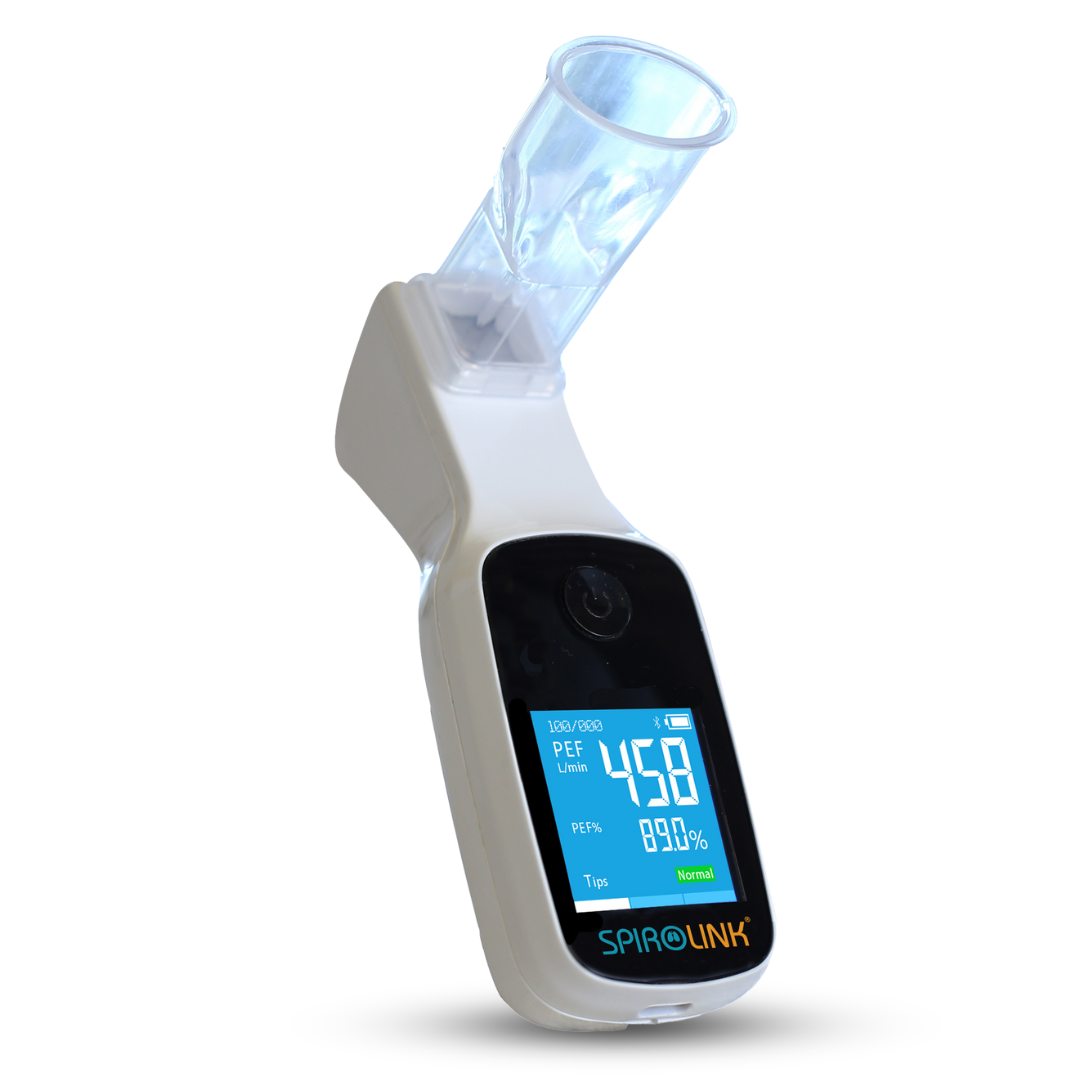
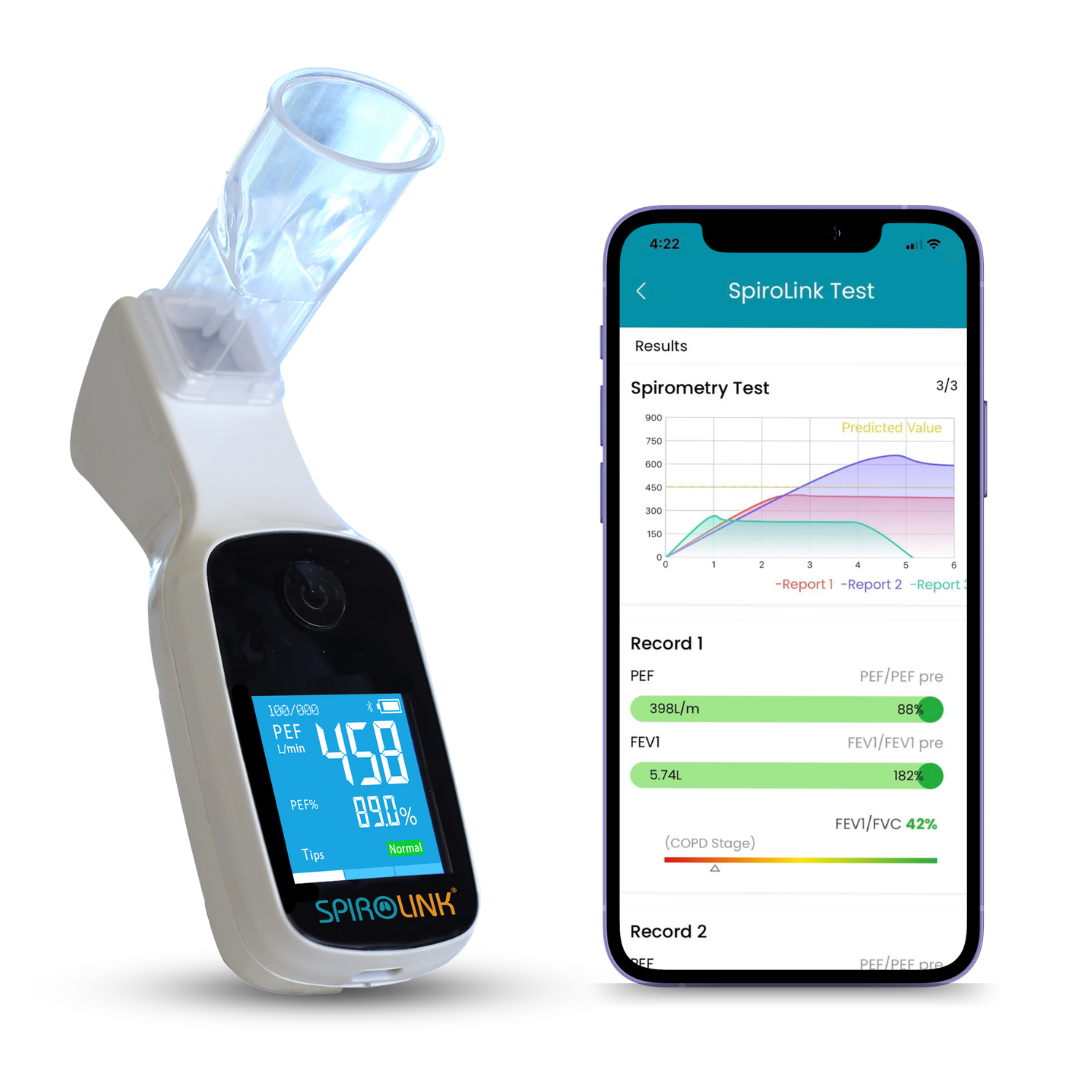
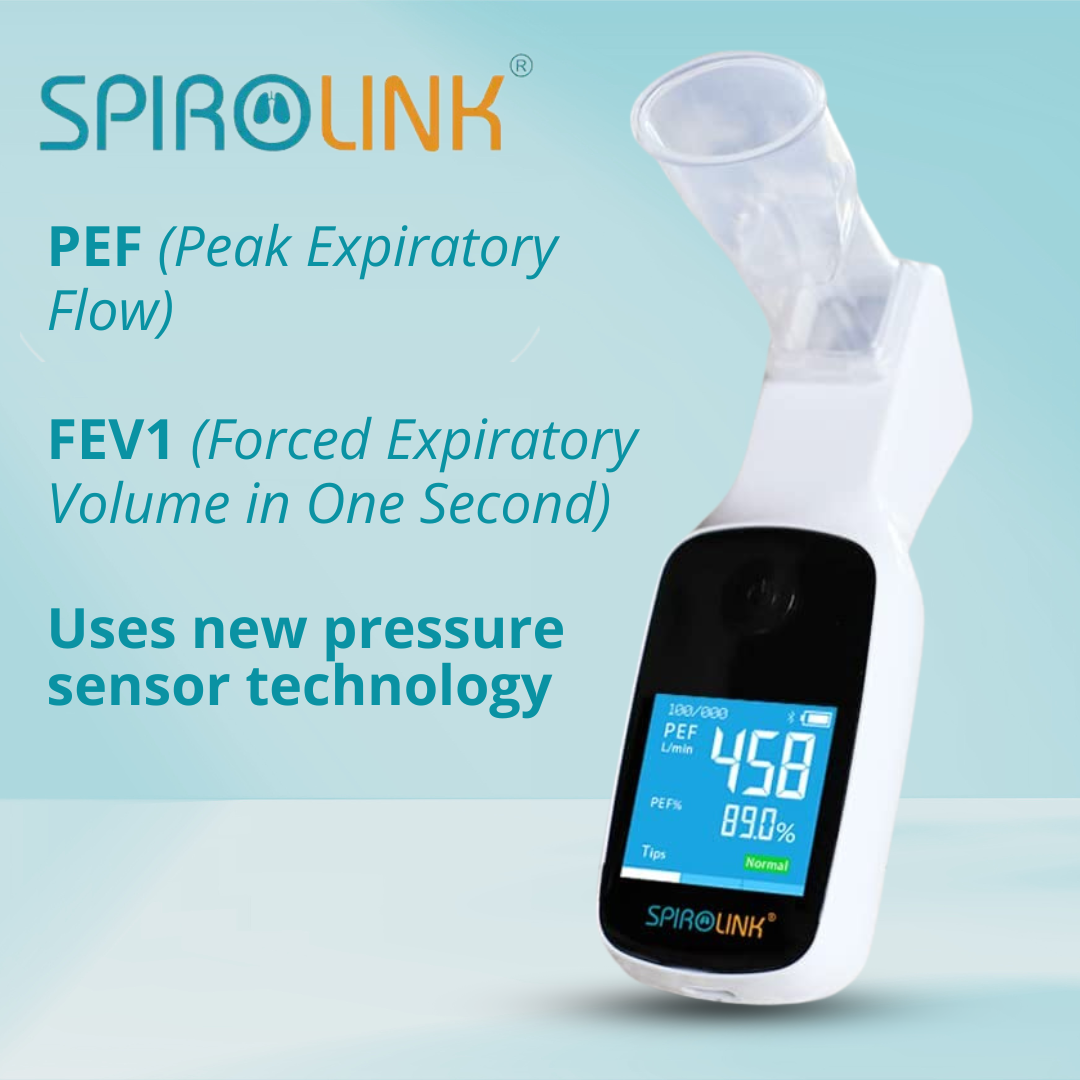

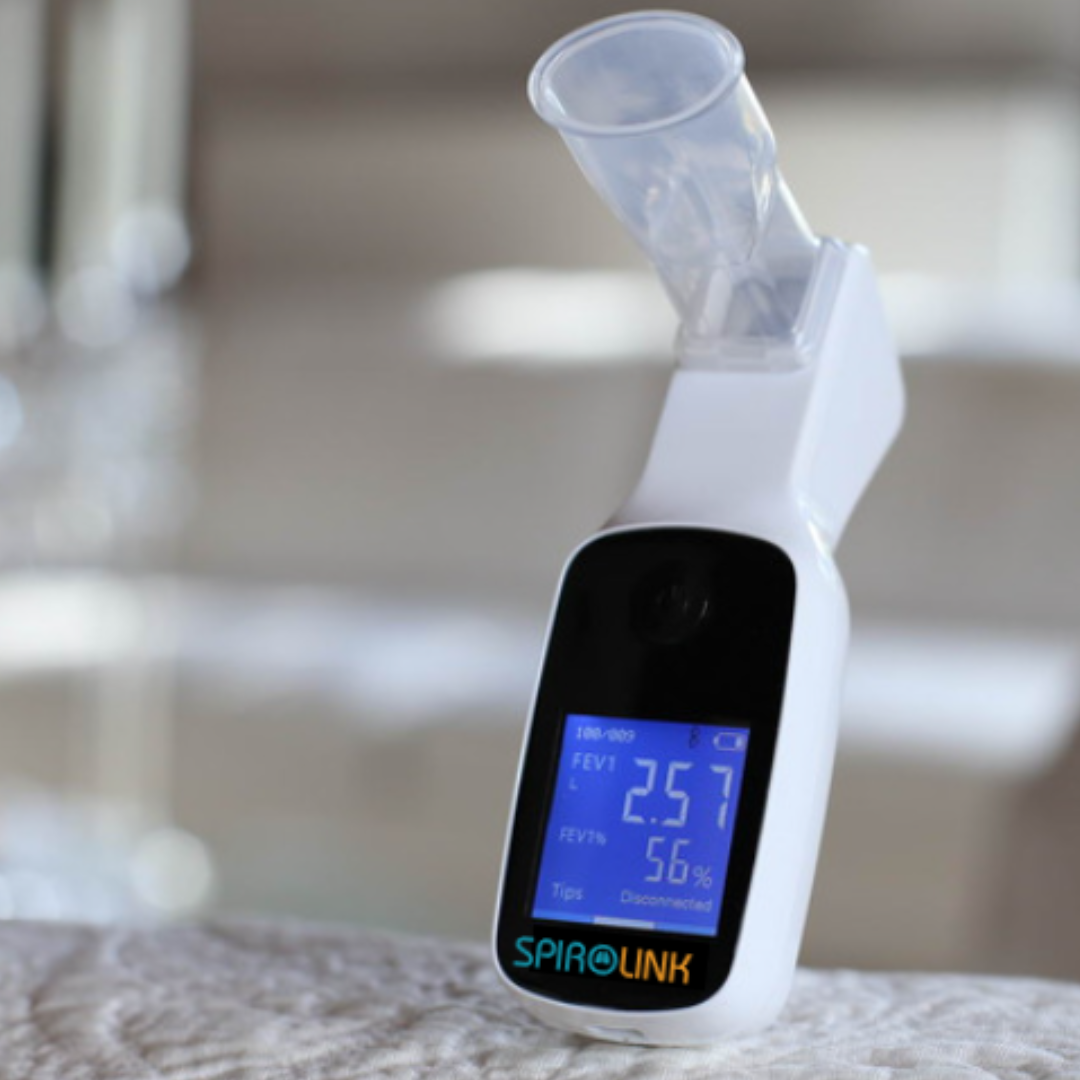
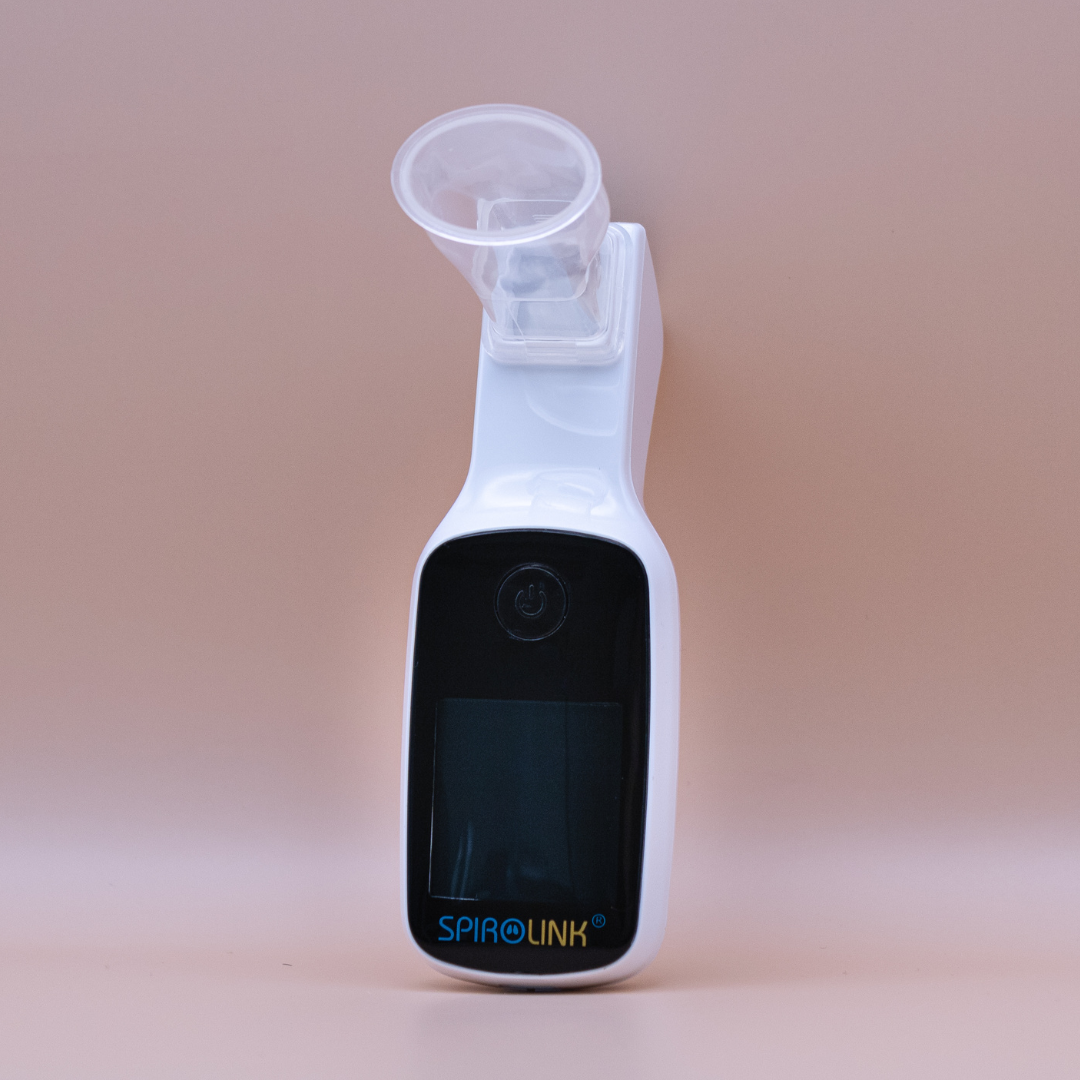

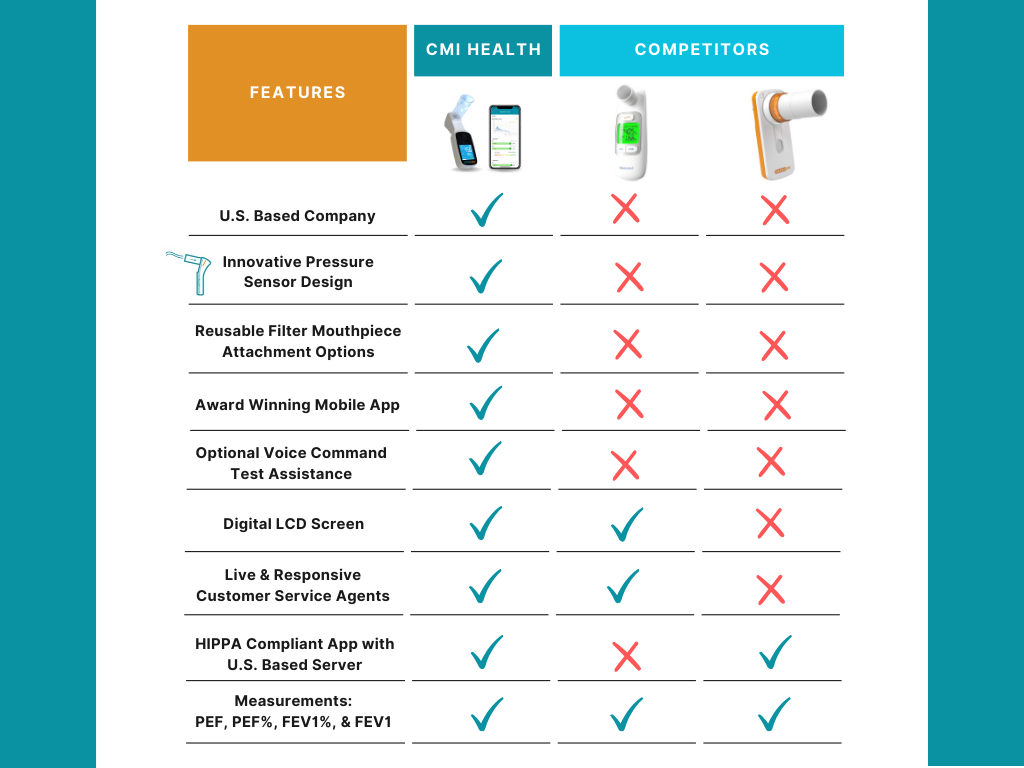
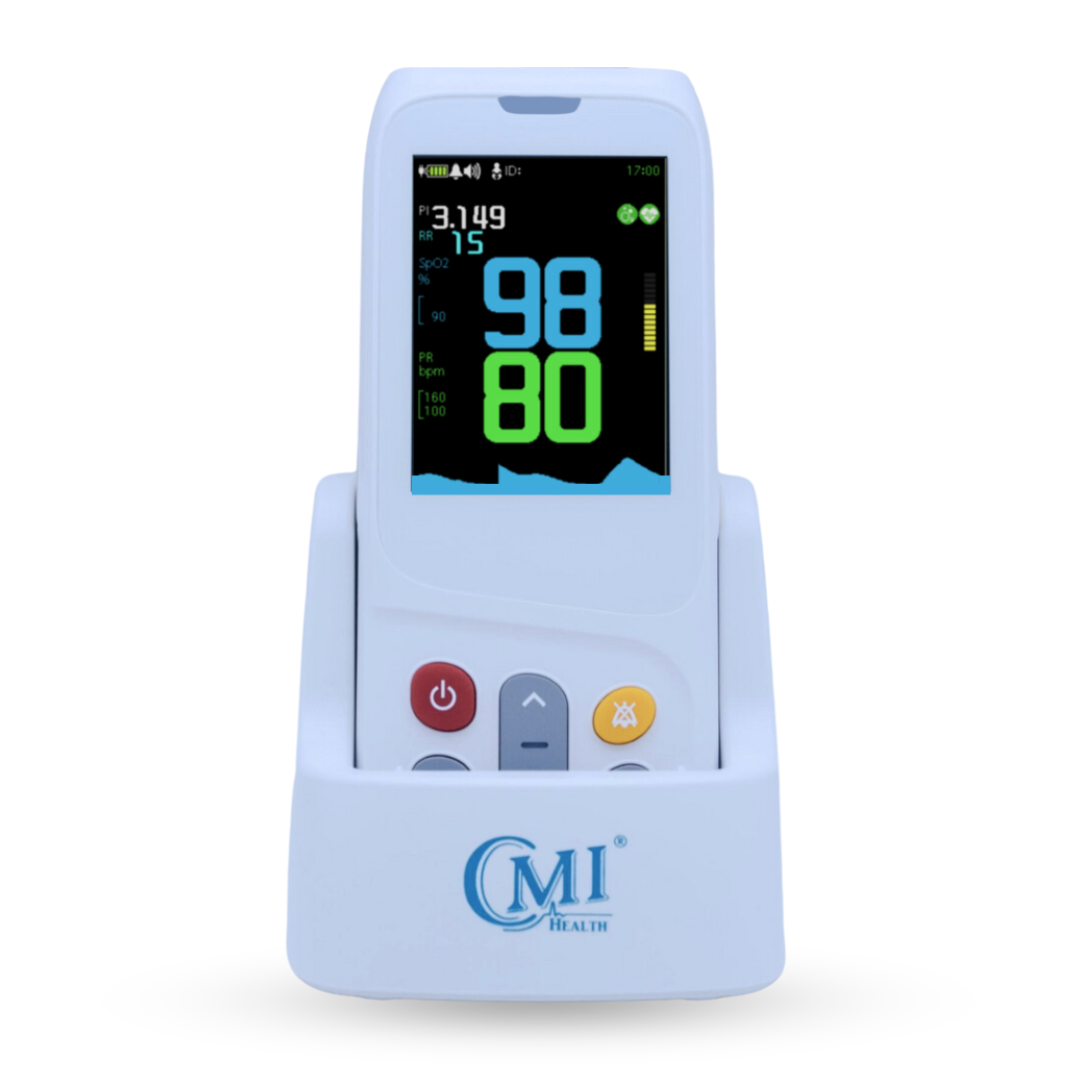
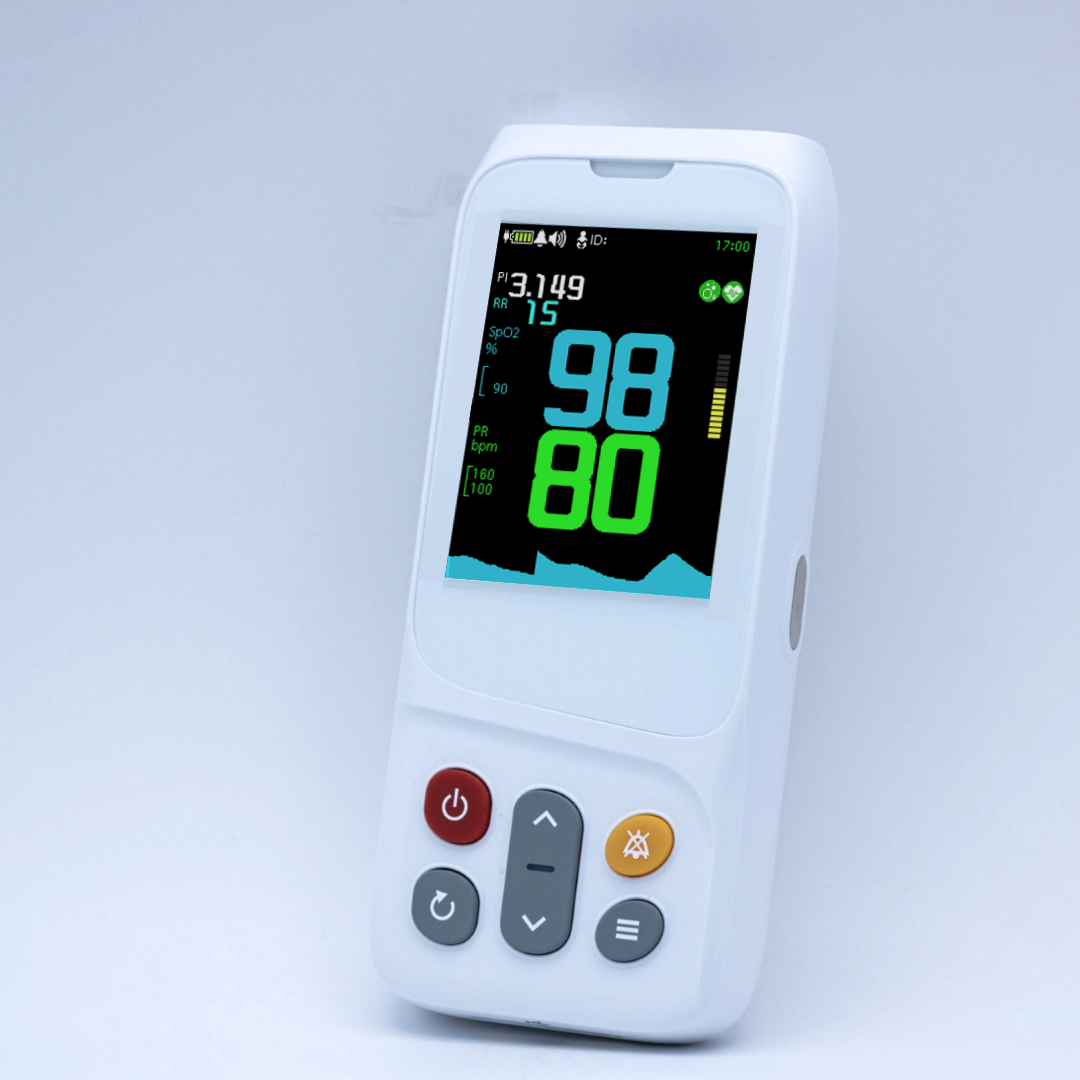
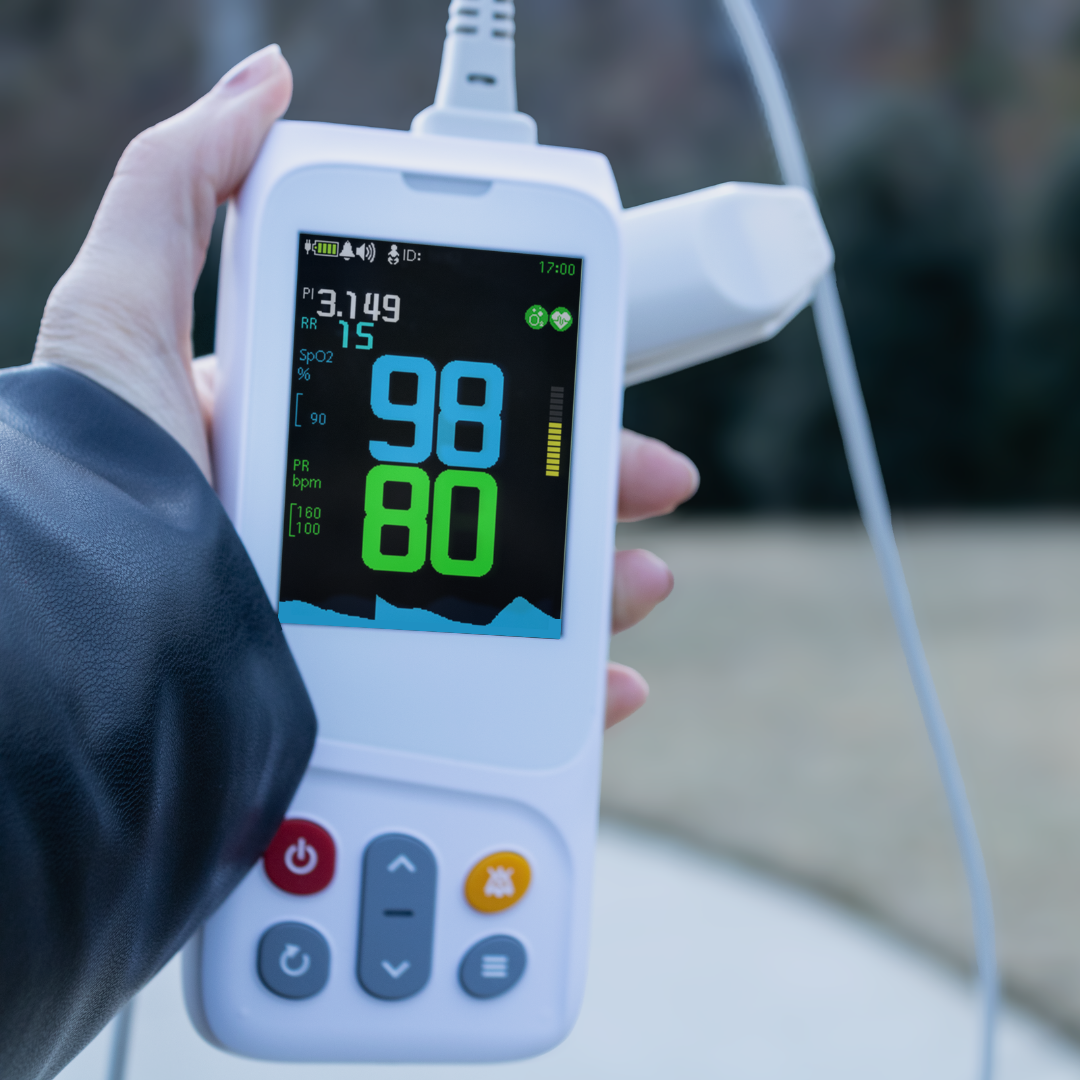
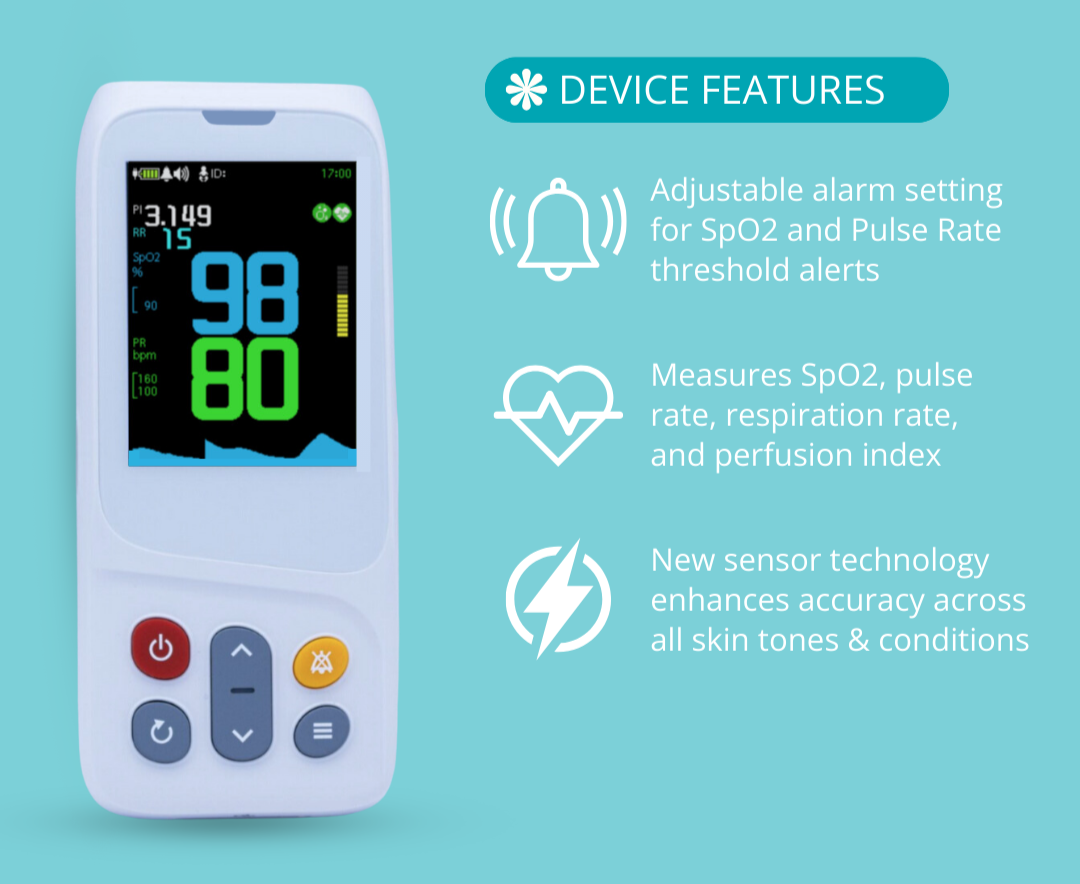
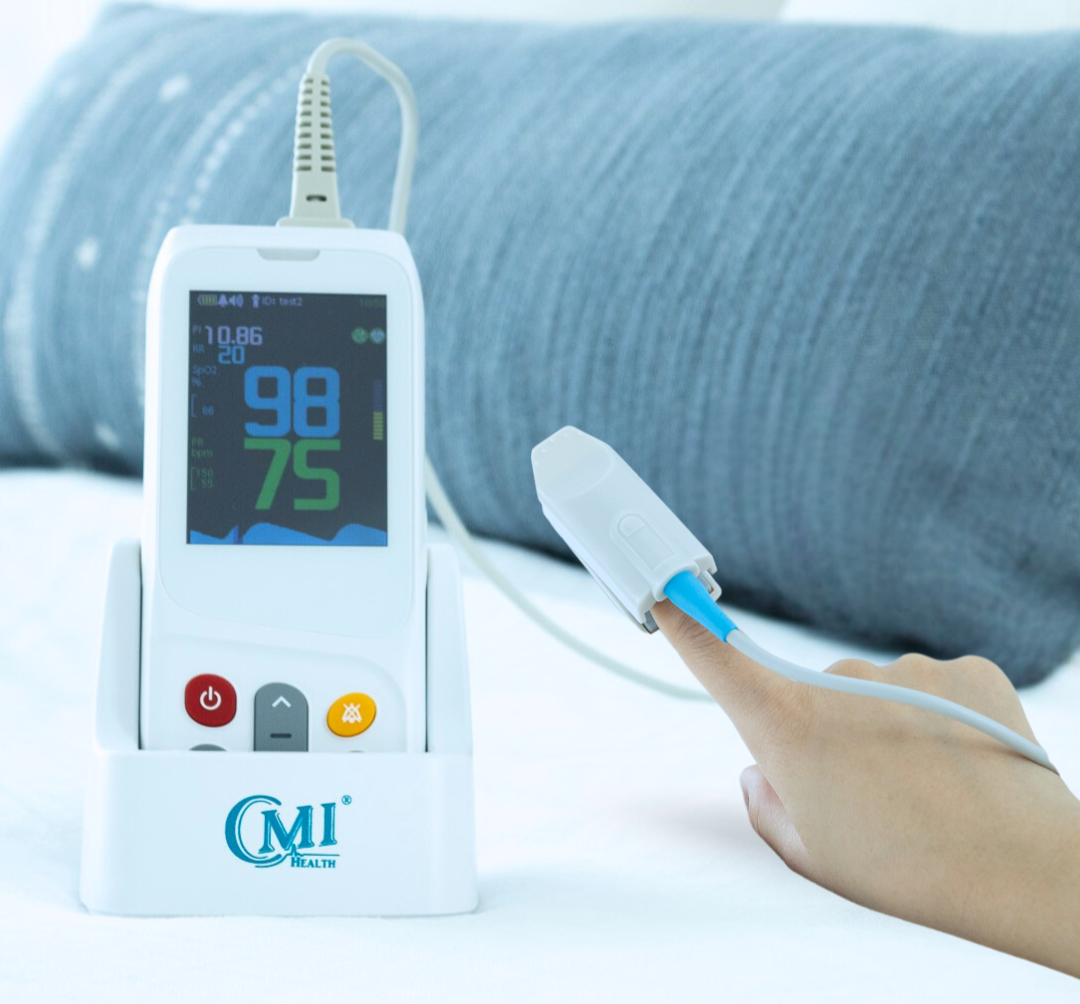
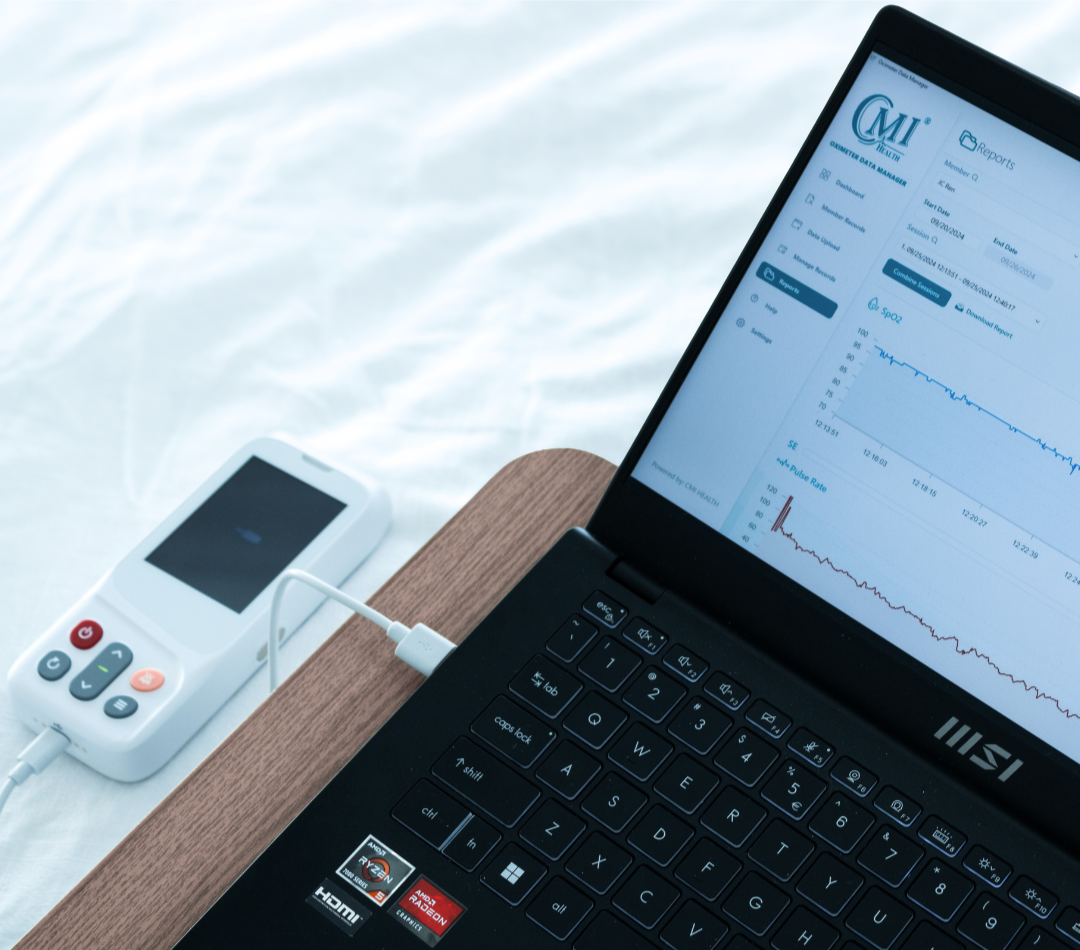
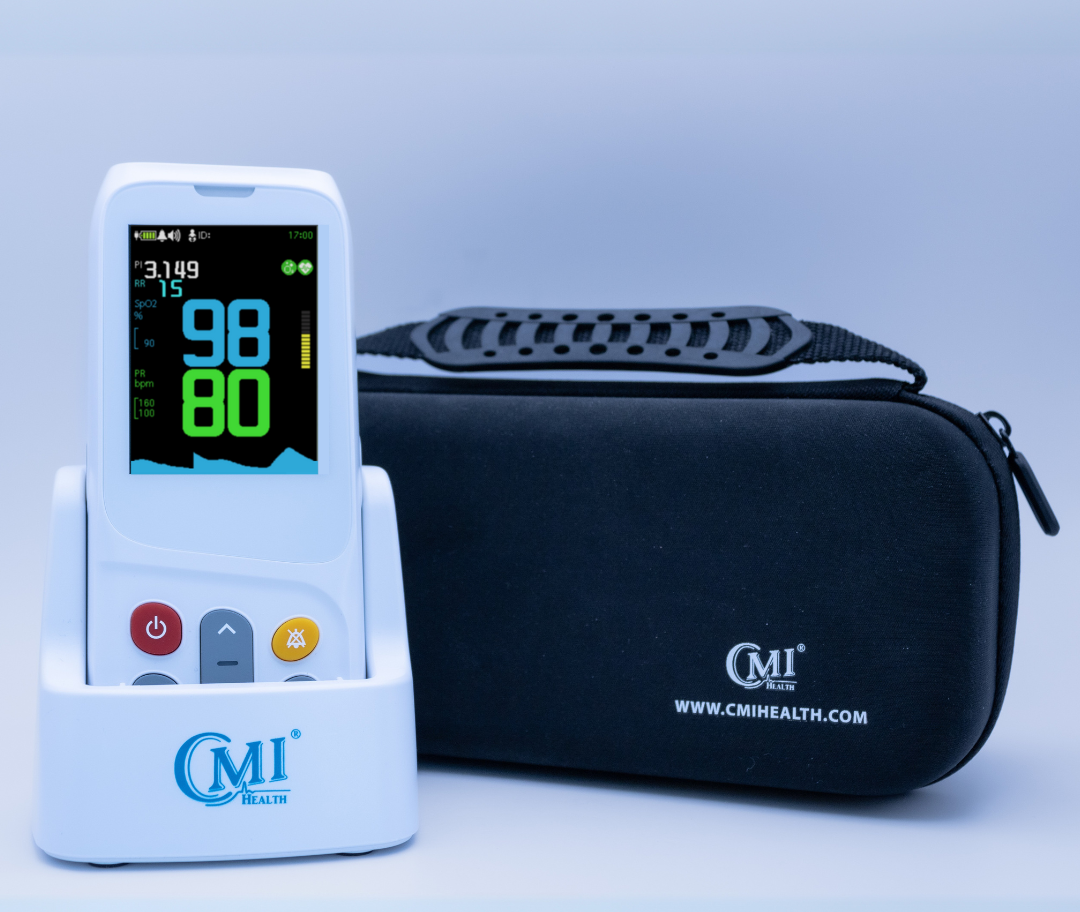
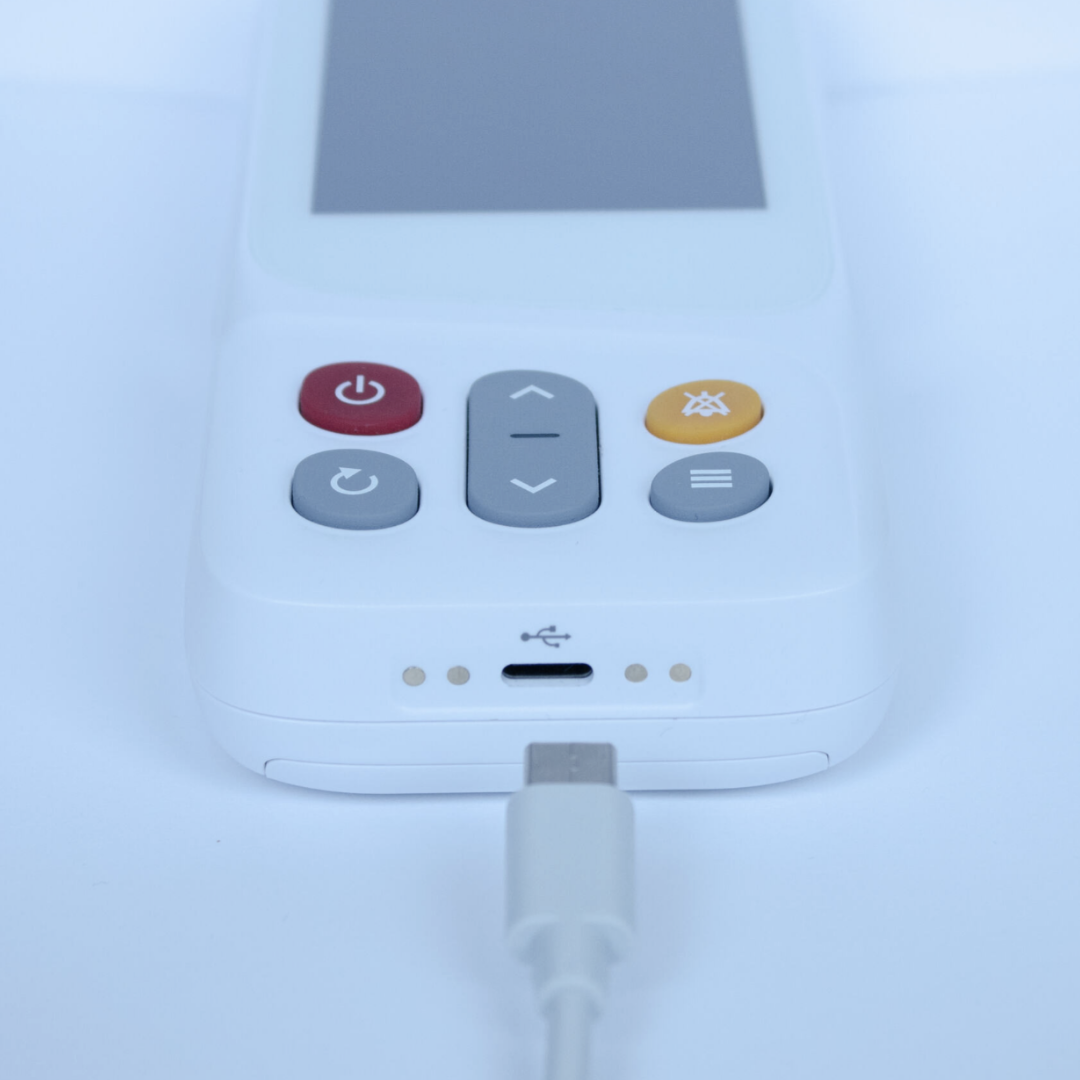
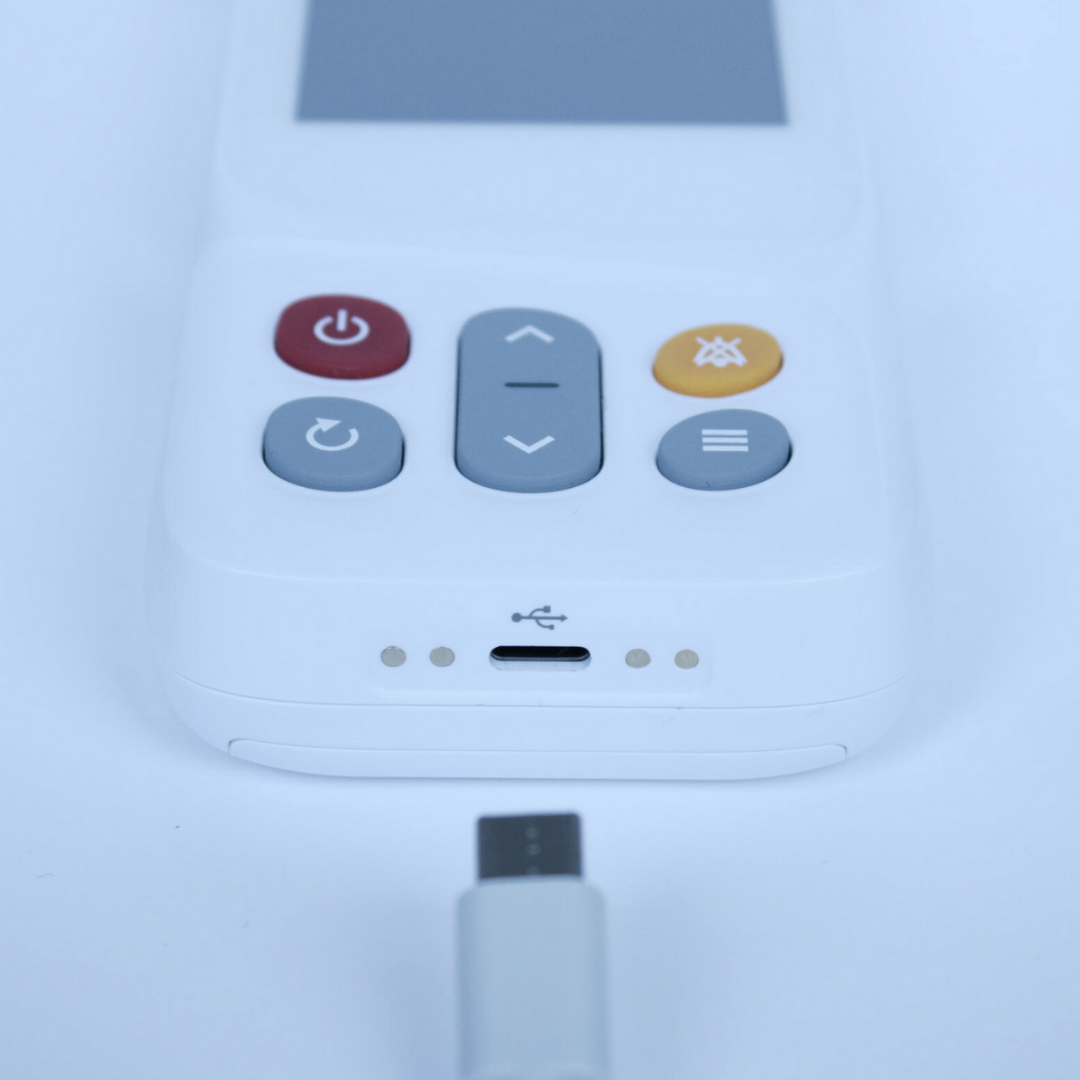
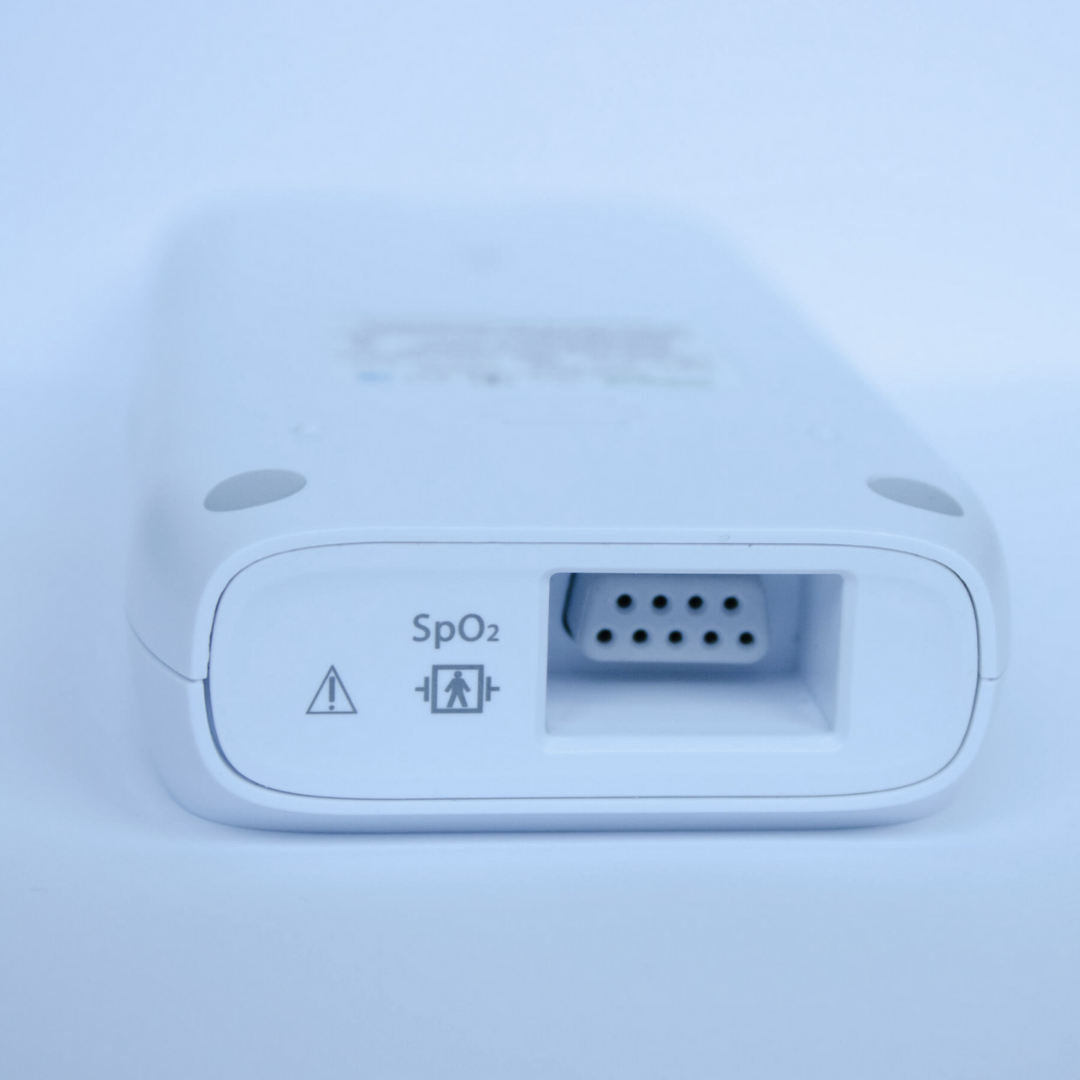
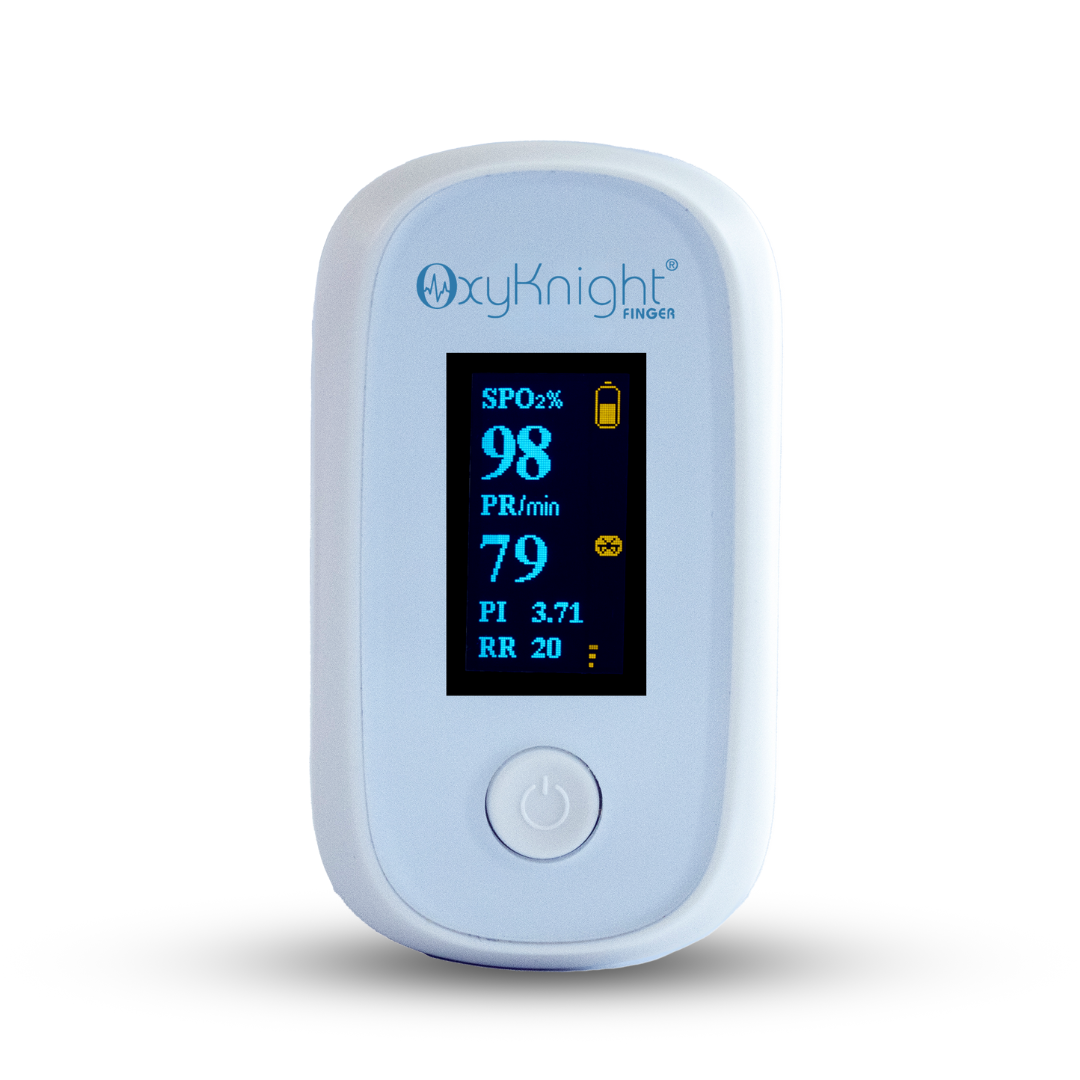
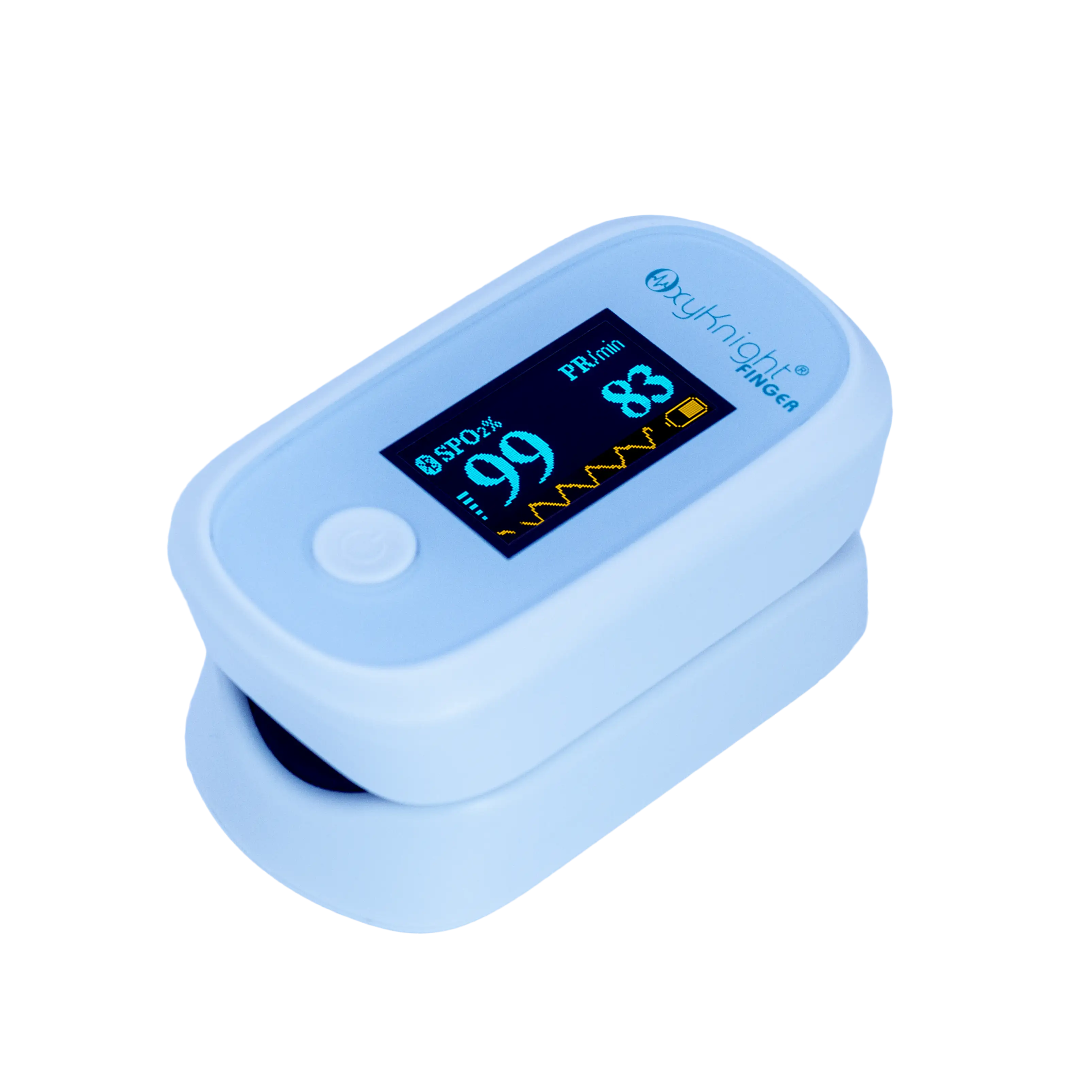
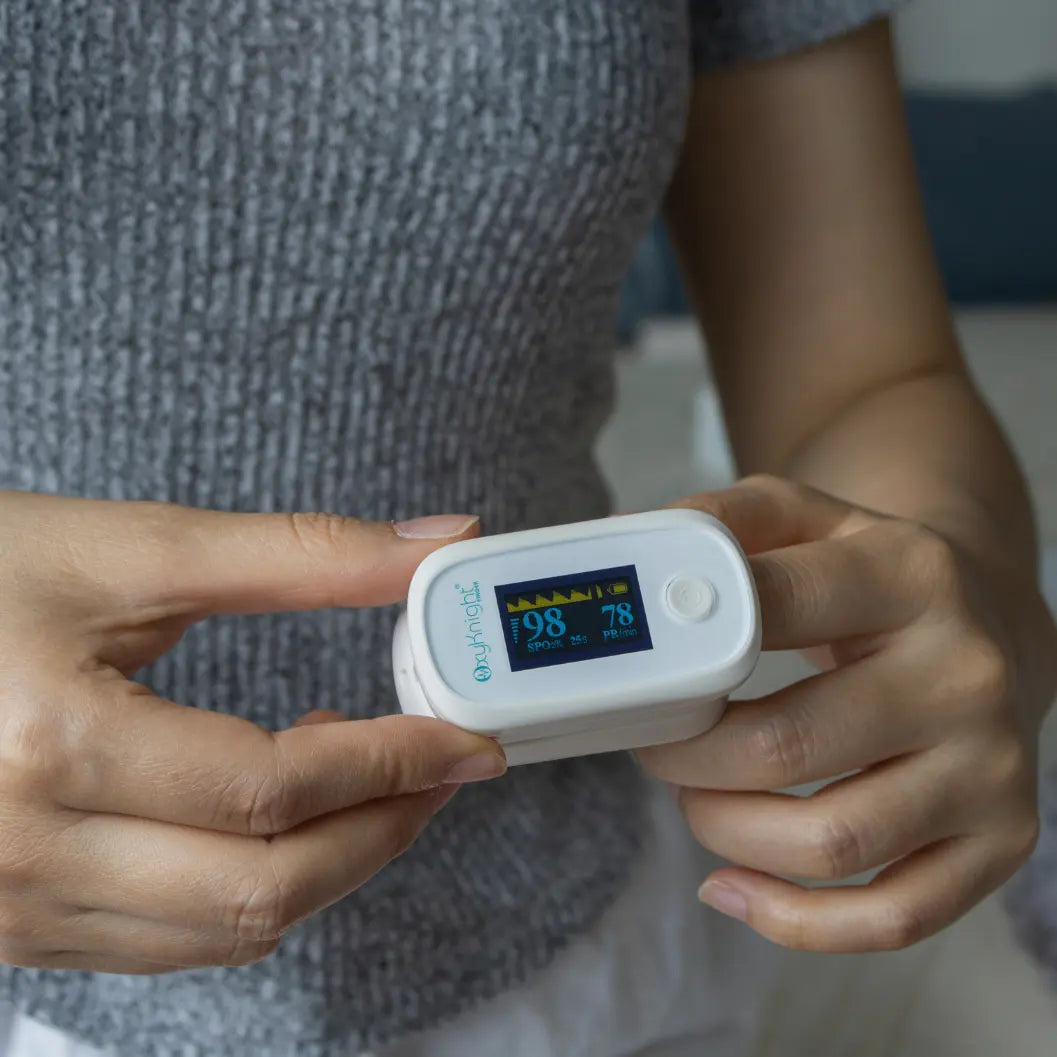
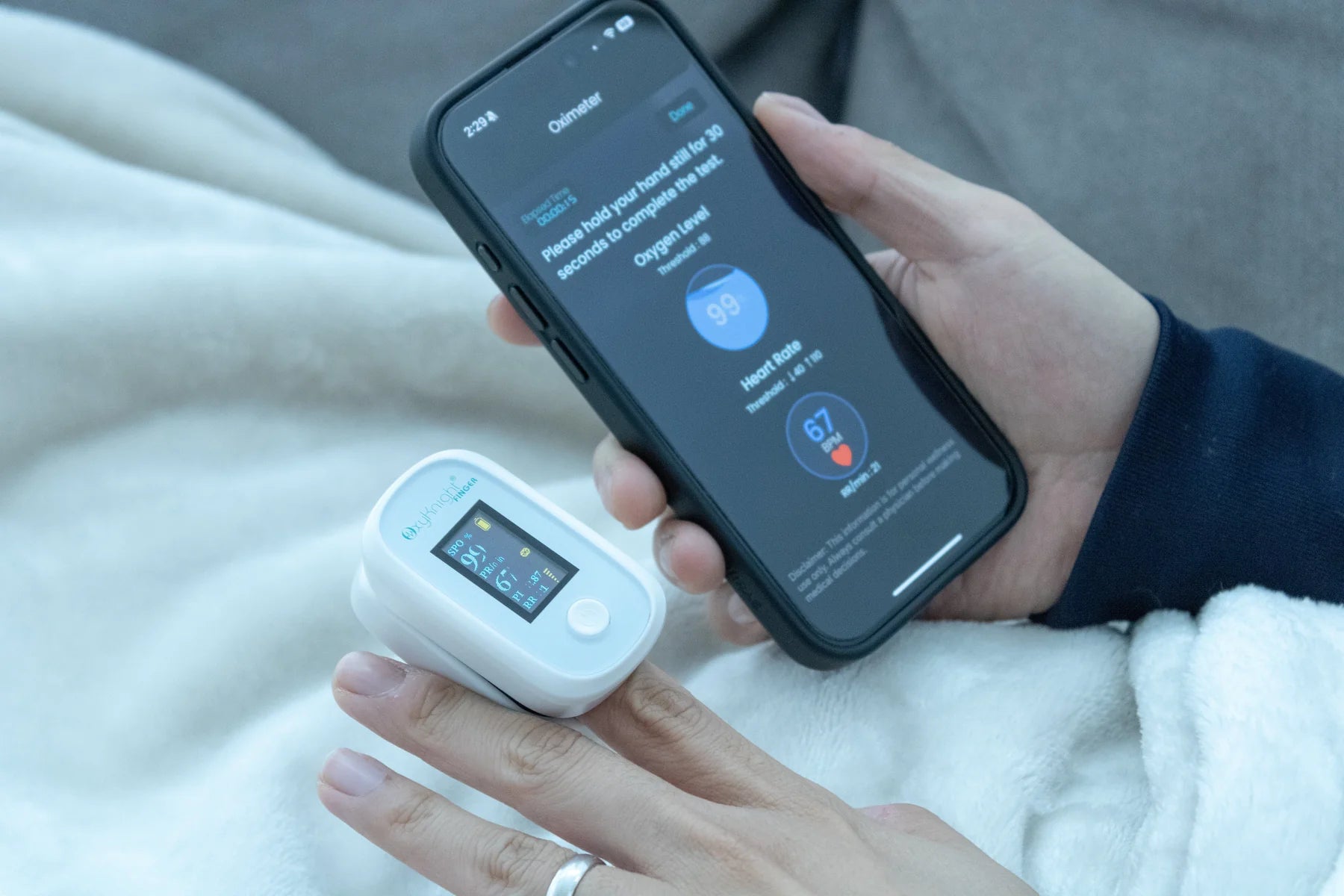
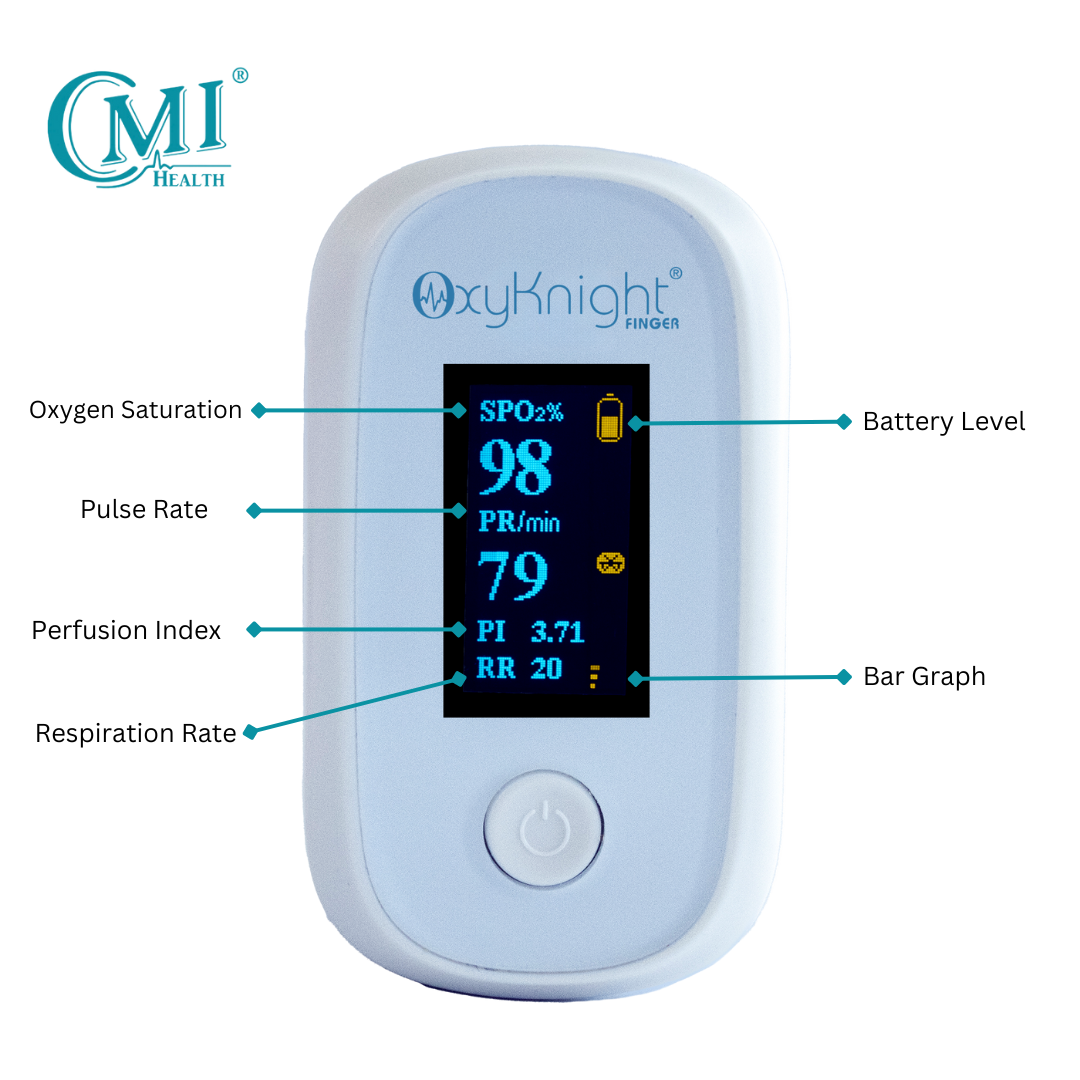
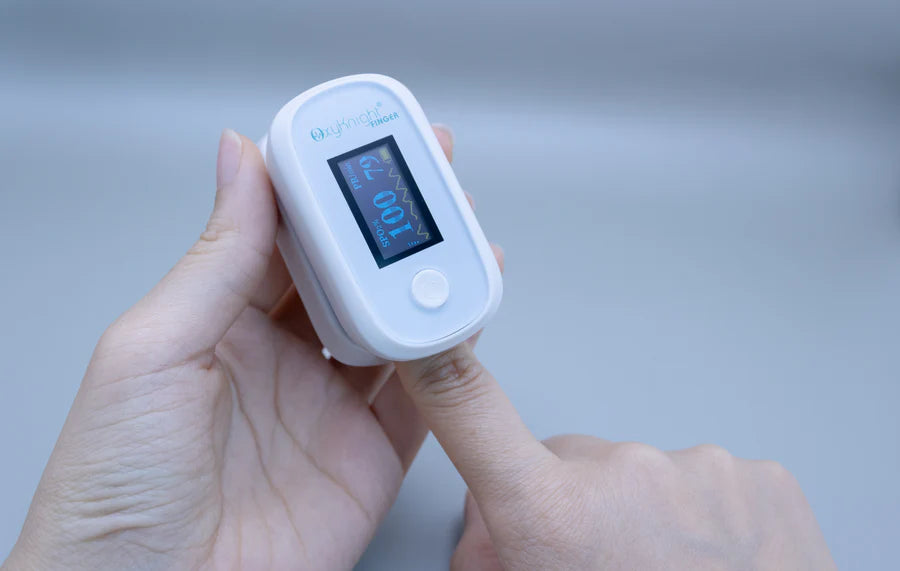
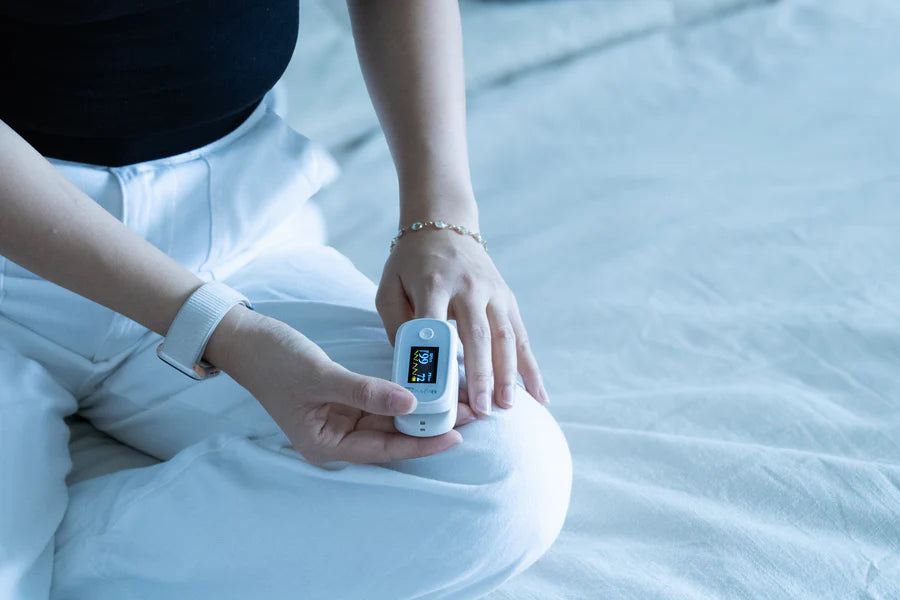
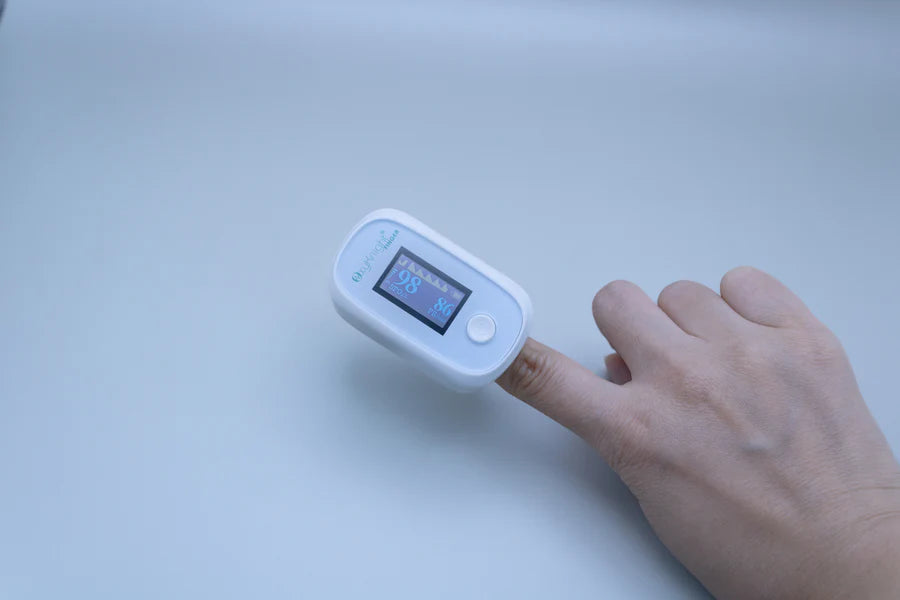
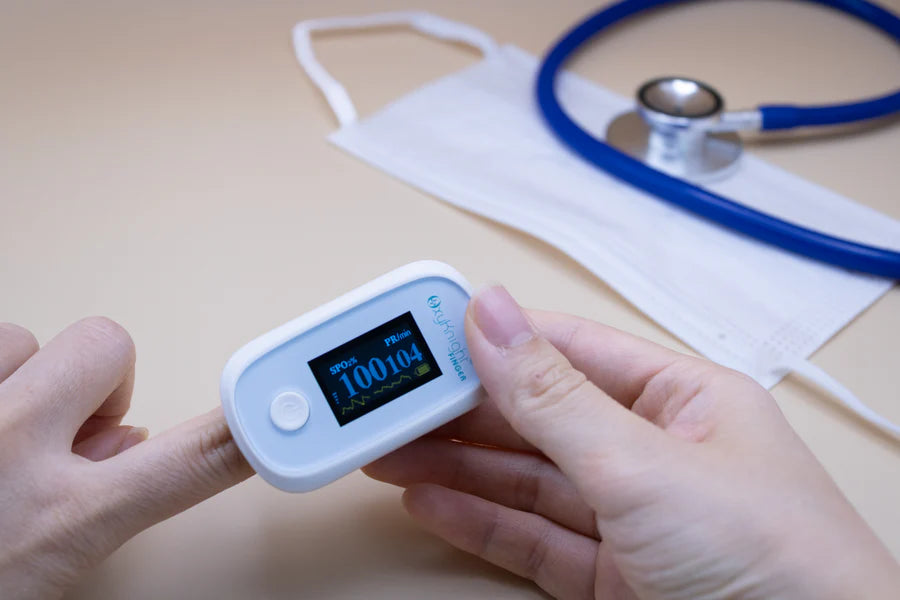
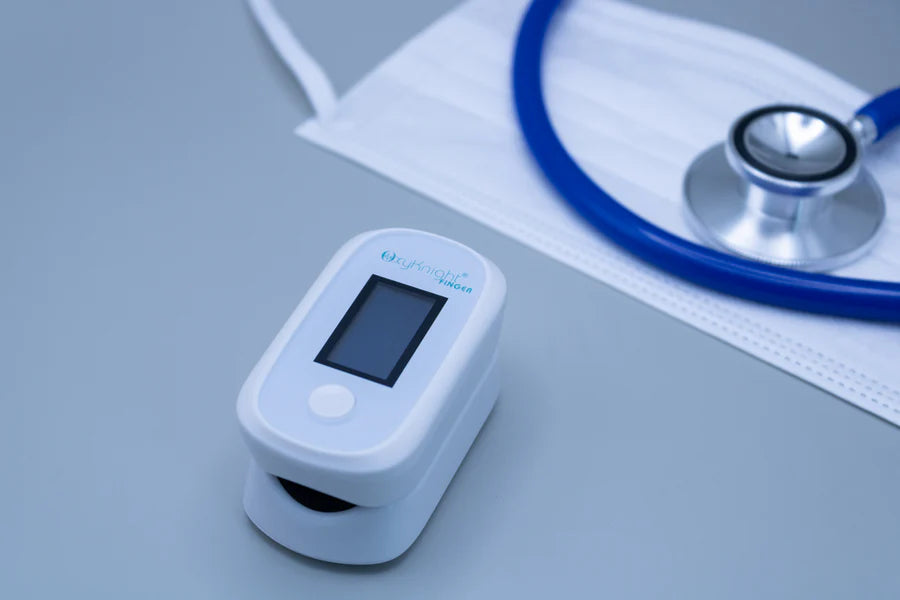



This article is really helpful for understanding blood glucose test results. It’s always good to be informed about our health. Along with regular monitoring, I’ve also found that there are simple ways to treat diabetes naturally through diet and lifestyle changes. Thanks for sharing this important information!
What can you take to bring your sugar level down when it is over 220
Glucose is a monosaccharide sugar found in many foods. It is the simplest form of carbohydrate and is an important source of energy for our bodies. Glucose is the primary energy source for most cells, and it is the only energy source for the brain and red blood cells.
Leave a comment